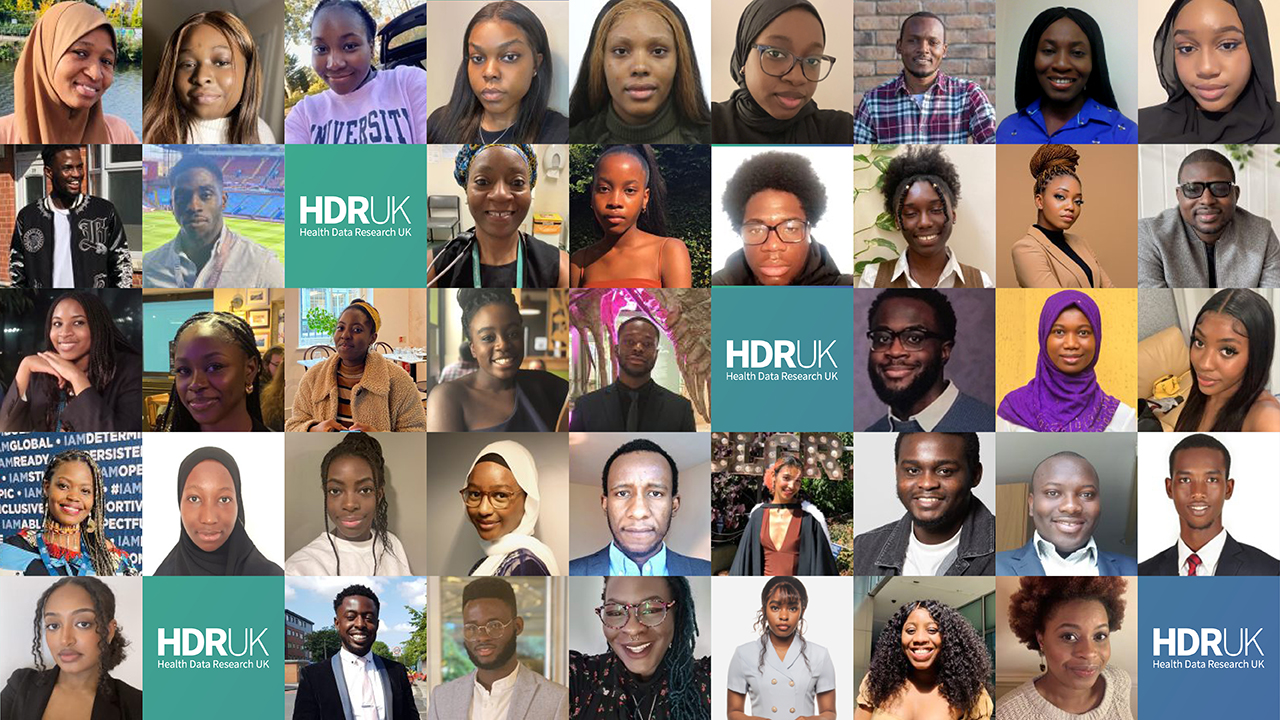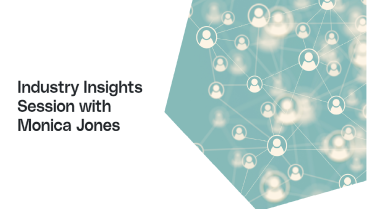Empowering Analysts to Advance Patient Care
12 January 2024
NHS information analysts play a growing role in advancing patient care. Glen Howard, who runs the highly-regarded Information Analysts' Development Programme, is at the forefront of the drive to maximise their input into NHS decision-making and data-driven service improvement. Last year he delivered the 10-day course for the analysts across the Midlands – with excellent results. We spoke to him about the programme and its benefits.
What was your route into IT and analytics?
 I’m Head of Analytics and Evaluation for Health Innovation East Midlands. But my early career was as a specialist nurse in Lincolnshire where I was strongly influenced by the concept of evidence-based nursing. Later I became involved with professional development and then change management, project management and clinical IT. As my roles changed I came to see the effective use of data as the basis for improving patient care and evidence-based management.
I’m Head of Analytics and Evaluation for Health Innovation East Midlands. But my early career was as a specialist nurse in Lincolnshire where I was strongly influenced by the concept of evidence-based nursing. Later I became involved with professional development and then change management, project management and clinical IT. As my roles changed I came to see the effective use of data as the basis for improving patient care and evidence-based management.
Tell us a bit about the programme
We started back in 2014. There was nothing specially for health and care analysts at that time but we got a small amount of funding to develop a course. The result was the first and only training programme specifically for NHS information analysts. Our vision was about how to take analytics further, how to build on analysts’ skills.
We found the best speakers in the country and developed a 10-day programme. It gave analysts the chance to think about the work they’re doing and focus on how that’s communicated, how we work with people requesting analytics and how to present the analysis.
We recognised there was a real opportunity around developing “softer” skills. As a nurse by background that’s something I’m very comfortable with.
Were you aiming to create a stronger connection between those who do the analysis and those who need it?
Yes, but it also recognised where analytics was at as a profession. Lots of analysts were brilliant at providing insightful analysis but had fewer opportunities and sometimes skills at presenting them.
It’s about the difference between giving people access to the numbers and helping them understand what those numbers potentially mean. The course helped them gain confidence and competence in those sorts of areas.
What outcomes were you looking for?
It was about allowing the excellence of analysts to really shine through and to enable them to contribute more to the decision-making process, because there’s huge expertise and a skill set there.
Analysts have all this expertise, so how could it best be ultilised? It was up to us to get that across to people. I think we’ve been very successful at that.
How many people have been on the programme and where is it delivered?
We’ve had 27 groups through. Some have been from the East or West Midlands but other cohorts have been from elsewhere and some have been national cohorts. Since COVID we have pivoted to doing the programme online, which means we can deliver it for anyone.
What do people gain from the programme?
It’s about building skills, connections and confidence. We start with two days on statistics and then work through applying analysis in different contexts. You get core skills and background knowledge.
You’re meeting other people and you have to present your analysis, a piece of work that you’ve done. This is hugely important because you get feedback about the great work people have done. And you get to see the different ways people have approached things.
There are different speakers on the course, the majority are analysts. But it’s more coaching and talking than lecturing. The groups are relatively small and the speakers are interested in the challenges participants are having, and how they can apply different techniques to their work.
Have you measured the impact of the programme?
Yes, and we published a paper called Building analytic skills to drive improvements in patient care and organisational decision making: An information analysts’ development programme.
Our research assessed 40 skills areas and demonstrated a significant increase in people’s mean competency score after they had been on the programme. Our findings were also reinforced by positive feedback from participants. Importantly, the improvements were in confidence as well as competence.
How do employers benefit from sending people on the course?
There are two key benefits. One is that you are building the knowledge base of your analysts, particularly around getting the techniques employers want in order to measure improvement. The other is the greater confidence their analysts will have in applying those in practice.
It’s not a theory course, though theory underpins it. It’s about doing better analysis – analysis that is more relevant to the questions people are being asked. It helps analysts support the decision makers, whether it be clinicians, managers, or both.
What are you plans for the future?
We’re looking for sustainable funding, which would help greatly. But we’re also keen to explore what a programme for clinicians and managers would look like. We think there’s a lot of potential benefit for tailoring the programme to focus on their needs.
What would be the aim of a programme for clinicians and managers?
Many clinicians and managers are interested in understanding data better. So, I think there’s something about creating opportunities to understand analytics on a general level, and understand data – data literacy.
I also think there are clinicians and managers who really want to get the hands dirty with the data and they may benefit from the knowledge, expertise and support of analysts. We have found it can be really powerful when clinicians, managers and analysts work together and use data to inform decision making.
It would be amazing to work with analysts, clinicians and managers on particular problems or projects they have and enable them to get the best from data.
- To find out more, or book a course, email Howard@nuh.nhs.uk



